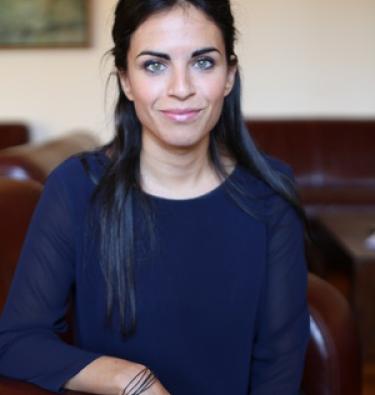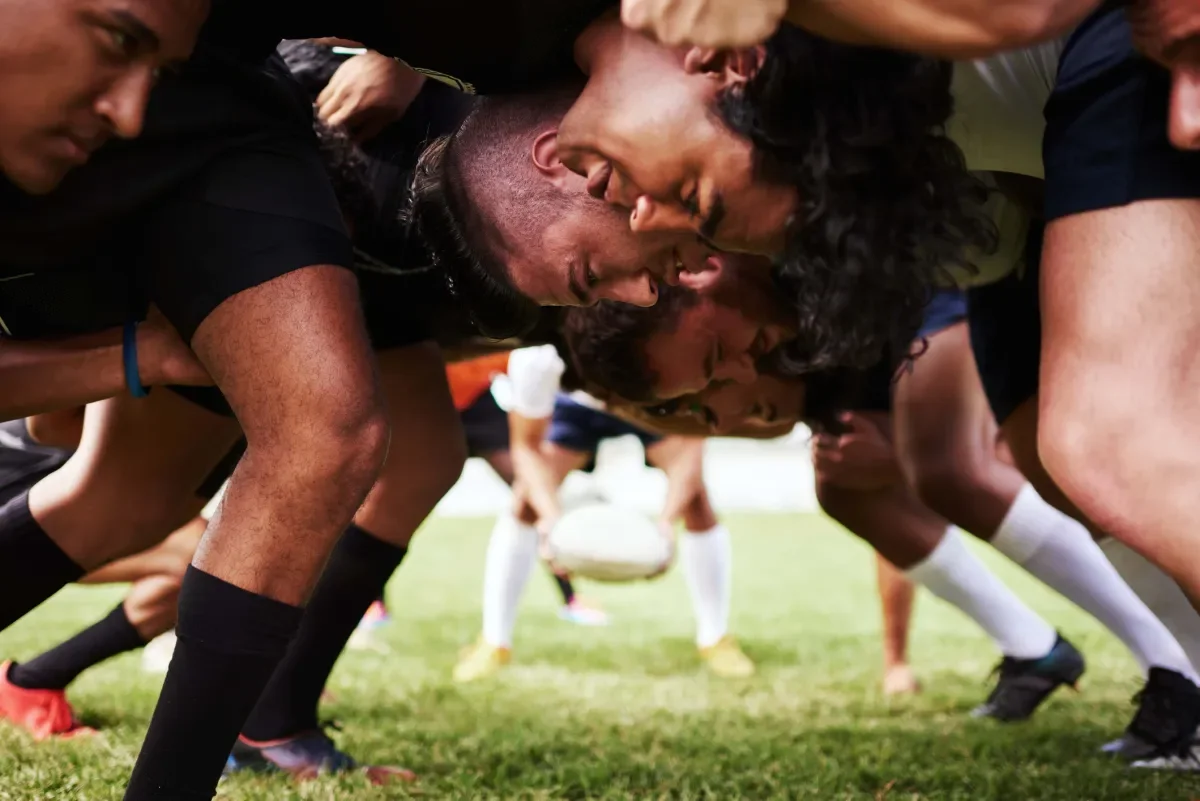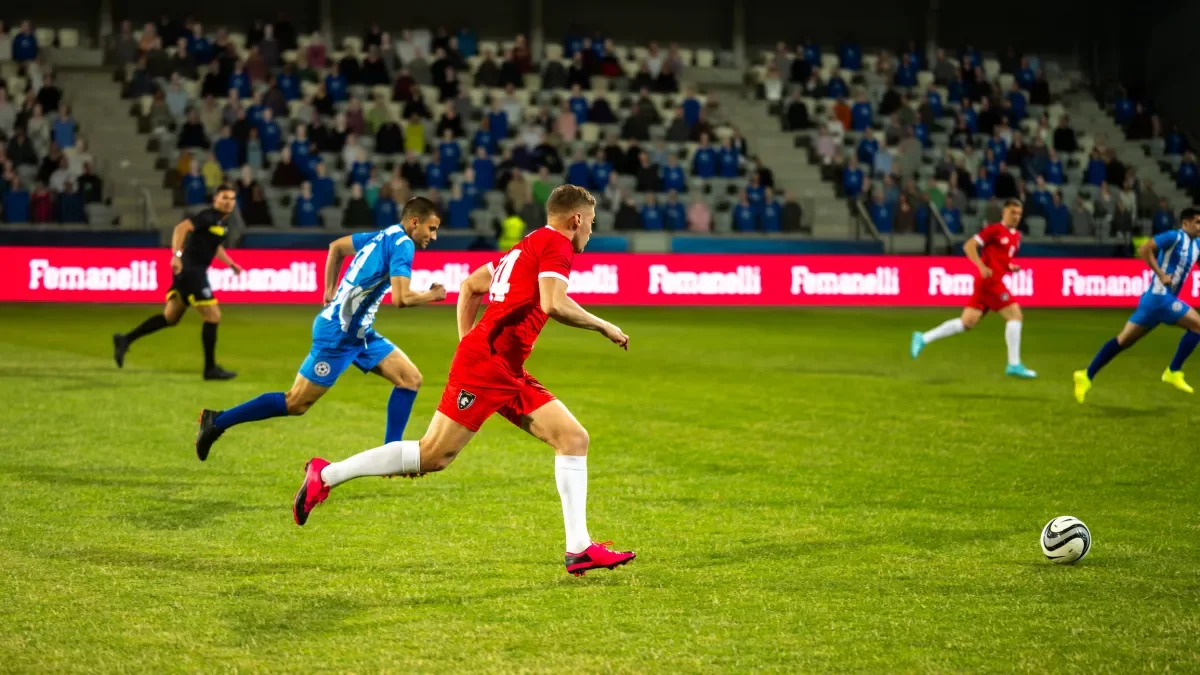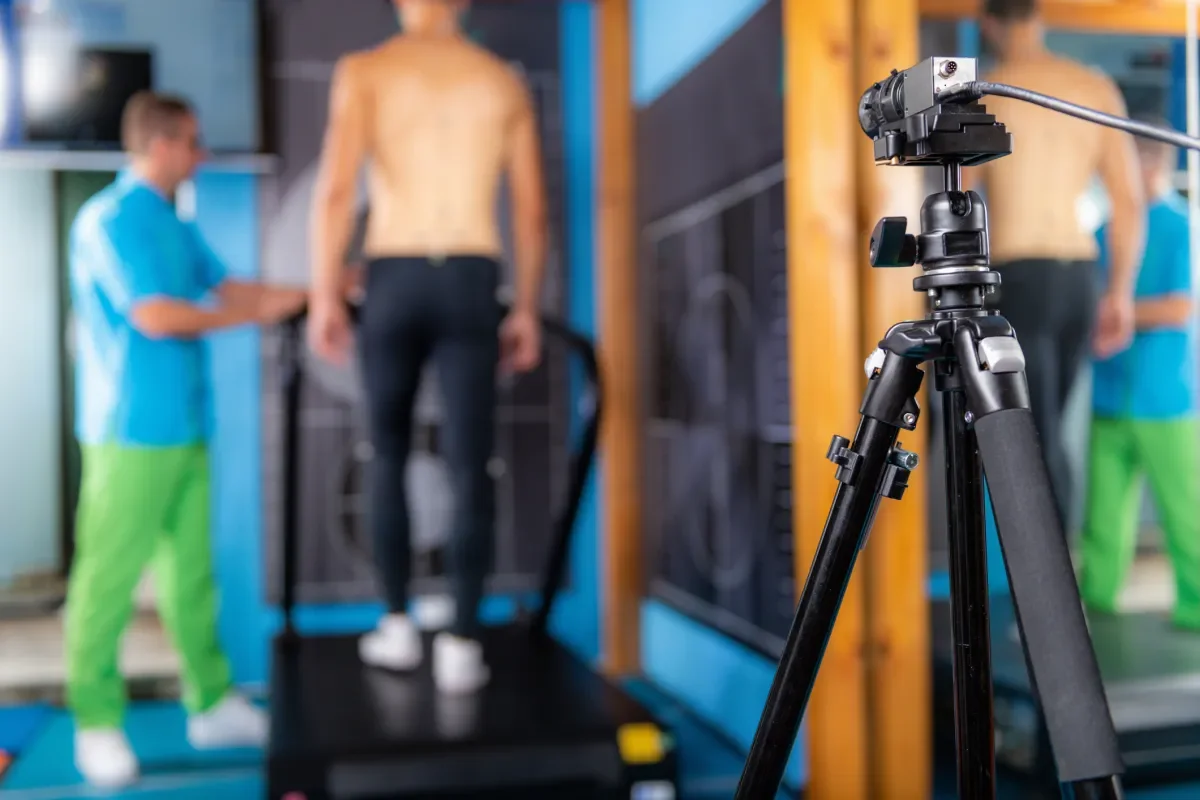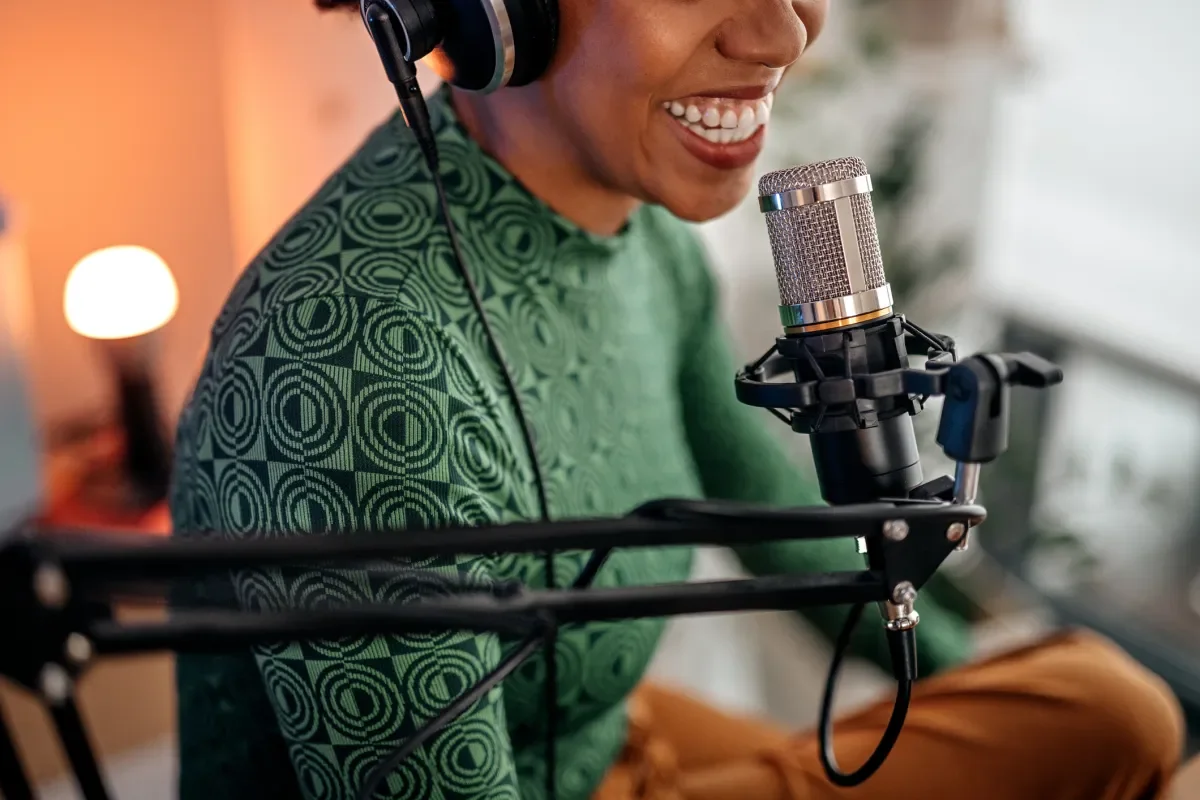
In Ireland, 296,000 people—that is, over 6% of the population or 1 in 20 people—are blind or visually impaired and while Ireland is making steady progress in audio description and media accessibility, significant challenges remain to ensuring inclusive access to culture, media, and entertainment not only as a legal requirement, but as a social responsibility.
Audio description, a key accessibility service, is specifically designed to make visual content accessible to people who are blind or have vision impairments, and is defined as “a verbal commentary that provides information about the visual elements of a performance, event, or visual art object for the benefit of blind and partially sighted people.” (Fryer, 2016, 1) The aim of AD is to ensure that those who cannot access the visuals can still understand and enjoy films, television, theatre, museums, exhibitions, sports, and other visual media or live events as fully as possible.
Even though the European Union has led the way in promoting accessibility through various directives and regulations—such as the European Accessibility Act and the Audiovisual Media Services Directive—, not all of them address audio description, and implementation of such directives and regulations across Member States remain uneven. This disparity is attributed to differences in legislative priorities, funding, and public awareness.
In Ireland, media accessibility is regulated by Coimisiún na Meán (CNAM), known as the Broadcasting Authority of Ireland (BAI) until 2023. Although CNAM’s accessibility regulations—like those of its predecessor—require broadcasters to provide accessible content, the focus has traditionally been more on subtitling and Irish sign language than on AD (BAI, 2019). However, while Irish national television channels RTÉ 1, RTÉ 2, and RTÉ Junior aimed to reach 10% AD content in 2023, actual figures surpassed that: 13.8% for RTÉ 1 and RTÉ 2, and 15% for RTÉ Junior (CNAM, 2023). Despite exceeding minimum targets, these rates still fall significantly short compared to those in the UK, where networks like the BBC, ITV, Channel 4, and Sky have committed to at least 20% of content being audio described (Ofcom, 2024).
Under new legislation, the 2022 Online Safety and Media Regulation Act, traditional broadcasters & online platforms are now required to provide audio description, captioning, etc. CNAM ensures accessibility for broadcasting and on-demand services. It adopted new accessibility standards in 2024, following consultation exercises.
However, what are the needs of blind and visually impaired audiences beyond media accessibility, and how does audio description or the lack thereof affect their quality of life? Furthermore, how prevalent is audio description in higher education and what provision of audio description is provided by the entertainment industry?
The ADESI project, led by Dr Lucía Pintado Gutierrez, sought to answer all of these questions.
This pioneering research project on accessibility and audio description in Ireland since 2018 has developed innovative, socially embedded collaborations with Vision Ireland and other national stakeholders. It has mapped the provision of accessibility for blind and visually impaired citizens through audio description services in Ireland. The results explain how the provision of audio description (or lack of it) impacts the quality of life for the end-users.
This IRC-funded project (2023-2025) is the most comprehensive national study on audio description to date is led by Dr Lucía Pintado Gutiérrez (SALIS) & Kevin Kelly, the Head of Policy, Partnerships and External Affairs in Vision Ireland and Vice President European Blind Union. ADESI also maps the presence of AD in higher education (most training is currently offered in house by media organisations), services offered in the entertainment industry and the needs of users of audio description.
What began as a creative classroom initiative —enabling translation students to understand the needs of blind and visually impaired audiences and how audio description works— has grown into the most comprehensive nationwide consultation on audio description in Ireland to date. This work is unparalleled in the Irish research context and gives voice to a marginalised community through inclusive research design and sustained engagement.
There were three surveys distributed to higher education institutions in Ireland, Irish entertainment industry, as well as end users of audio description, the results were analysed and discussed by a Steering Group of experts. This consultation led to a series of recommendations that will be published in a report.
The surveys focused on three broad areas of inquiry:
- How is Ireland Doing? A Call for Industry-Education Collaboration to Enhance Accessibility
- What does Ireland provide in terms of accessibility for the blind and the visually impaired?
- Is the amount/type of accessibility offered enough, not just in media but also in leisure and social experiences?
Led by Dr Pintado Gutiérrez, a recognised leader in the field of audio description, this research contributes valuable insight into current accessibility practices in Ireland. This report resulted in consultations with public bodies and industry stakeholders including Coimisiún na Meán, RTÉ Accessibility Office, and Arts & Disability Ireland, and helps to forge research-policy-practice bridges, and it reflects DCU’s mission for research with tangible social impact. It has also led to invitations for further consultation from unexpected quarters, including football clubs and media regulators, expanding the reach of translation and accessibility research into new domains. It will deliver a series of outputs consolidating DCU’s leading role in accessibility research: report (forthcoming in 2025); RTÉ Brainstorm (forthcoming in 2025); book chapter (2025); Q1 articles (2026); multiple international keynotes (2024-2026). One upcoming output is a case study of audio description in football at Bohemians Football Club in Dublin.
It is aligned with UN SDGs and UN rights:
- SDG 4: Accessibility in education.
- SDG 10: Reducing inequalities and promoting social inclusion.
- UN Convention on the Rights of Persons with Disabilities.
It promotes accessibility to entertainment and social interaction for the blind and visually impaired.
Overall, the project’s aim is to create a more inclusive Ireland where accessibility is not an afterthought but a standard—empowering the blind and visually impaired to engage with entertainment, social events, and leisure activities on equal terms with the rest of society.

